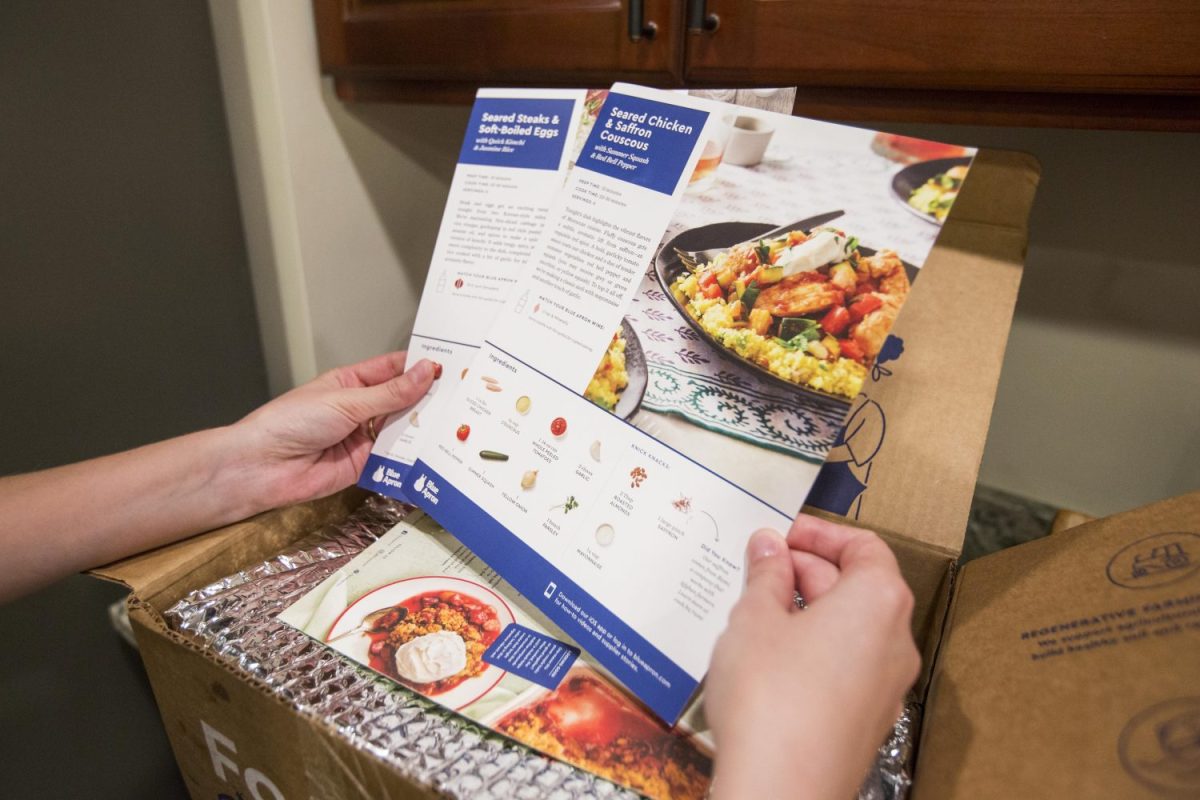Editor’s Note: RealClearLife, a news and lifestyle publisher, is now a part of InsideHook. Together, we’ll be covering current events, pop culture, sports, travel, health and the world.
Turns out those meal-prep kits that come in multiple layers of packaging could be more environmentally friendly than your average trip to the grocery store, according to new research from the School of Environment and Sustainability.
While kits provided by companies like Blue Apron and HelloFresh often do involve more packaging, the average grocery-store-bought meal carries two more kilograms of carbon dioxide per meal.
“There are lots of people who really liked meal kits but were saying ‘Ah, there’s so much plastic and I feel so bad because [it’s] so terrible environmentally,” Dr. Shelie Miller, one of the study’s primary researchers told The Guardian. “I said ‘You know, I bet if we take a bigger picture look, they may not turn out to be that bad.’ Just largely because of the pre-portioned ingredients and potentially, the lack of food waste.”
Using five different meals from Blue Apron, the researchers tracked and compared the life cycles of the meals. They found the shorter supply chain and smaller portions of food yielded lower emissions levels than what grocery stores produce. One major issue with the latter? Too much food ends up wasted by either the grocer or the customer.
“It really is the food and the food waste that dictate the environmental impact,” Miller said.
Thanks for reading InsideHook. Sign up for our daily newsletter and be in the know.


















